Lacrimae Rerum -There are tears in things
I first learned this Latin phrase, and its profound interpretation through an author named Daniel Mendelsohn a few years ago whilst reading Mendelsohn’s 2007 book ‘The Lost ~ a search for six of the six million’.
I’ve not read many books on the Holocaust, finding them just too painful, but something in the way Daniel writes, and his personal search really resonated with me. He had grown up amongst family in the USA who had spoken of his absent Uncle Shmuel in hushed mournful tones throughout his childhood, some relatives even comparing the young Mendelsohn to Shmuel, finding his likeness unsettling. However, it wasn’t until many years later, after his grandfather’s death (Shmuel’s brother) that he found a secret stash of desperate letters sent by Shmuel from Poland on the eve of the Holocaust.
Daniel set out to trace the family’s fate; Shmuel’s wife and four daughters were also known to have perished. Seeking out eyewitnesses to try and piece together what had transpired, Daniel’s search took him to twelve countries including Israel, Australia, Poland and Ukraine, constantly aware that time was running out.
He was accompanied by his brother Matt, an award-winning photographer, whose black and white documentary images of the brothers’ journey influenced my approach to recording my own journey.
(Matt’s photo’s can be viewed here: https://www.mattmendelsohn.com/photo-essays/footsteps-lost )
Bolecow Cemetary. Photograph: Matt Mendelsohn
There were several moments in the book which caused me to stop everything I was doing and sit head in hands overwhelmed by what I had just read, so powerful was the imagery Mendelsohn evoked. It is one thing to read historical accounts, trying to process what your mind cannot accept, but quite another to have it brought to life in a way that transports you, causing you to weep for the characters.
In another place, Mendelsohn describes the moment he showed an elderly reticent survivor (Meg Grossbard) a photograph of her best friend, one of Shmuel’s daughters. In this instant, he became aware that an image he had known from childhood, a likeness of a girl whose name he knew, but nothing more, had the power to transport the old lady back to a time when her world was intact- when THE world was intact.
“ “I had never really thought about this until I talked to Meg Grossbard that Sunday, and realized how casual, even thoughtless I was being, traveling around the world, talking to these survivors who had survived with literally nothing but themselves, and showing them the rich source of photographs that my family had owned for years, all those photographs I had stared at and later, dreamed about when I was growing up, images that for me had no real emotion or meaning at all in and of themselves, but which, to the people to whom I was now showing them, had the power to recall, suddenly, the world, and the life from which they’d been torn so long ago”.”
Mendelsohn writes in long sentences, overflowing with information and emotion throughout the book. I enjoyed his style, engaging with every aspect of his search, the forgotten untold stories he uncovered and his response. It was this sentence however which remains with me. Profoundly succinct but loaded with emotion ‘There are tears in things’ expresses the inexpressible, so overwhelming were the details he uncovered, in the context of the incomprehensible magnitude of the Holocaust. With those three words, Daniel calls to mind the overwhelming sorrow evoked by uncovering the fate of Shmuel, his wife, and each of his four young daughters.
I chose to borrow the phrase to describe a new project, intending to use few words if any, for each image, leaving the viewer to ponder the meaning. Every photograph in this set bears its own story, and yet this is partially hidden, unknowable to the audience. We all have images that may invoke the same response.
“I did and do believe, after all that I’ve seen and done, that if you project yourself into the mass of things, if you look for things, if you search, you will, by the very act of searching, make something that would not otherwise have happened, you will find something, even something small, something that will certainly be more than if you hadn’t gone looking in the first place, if you hadn’t asked our grandfather anything at all...There are no miracles, no magical coincidences. There is only looking and finally seeing, what was always there.”
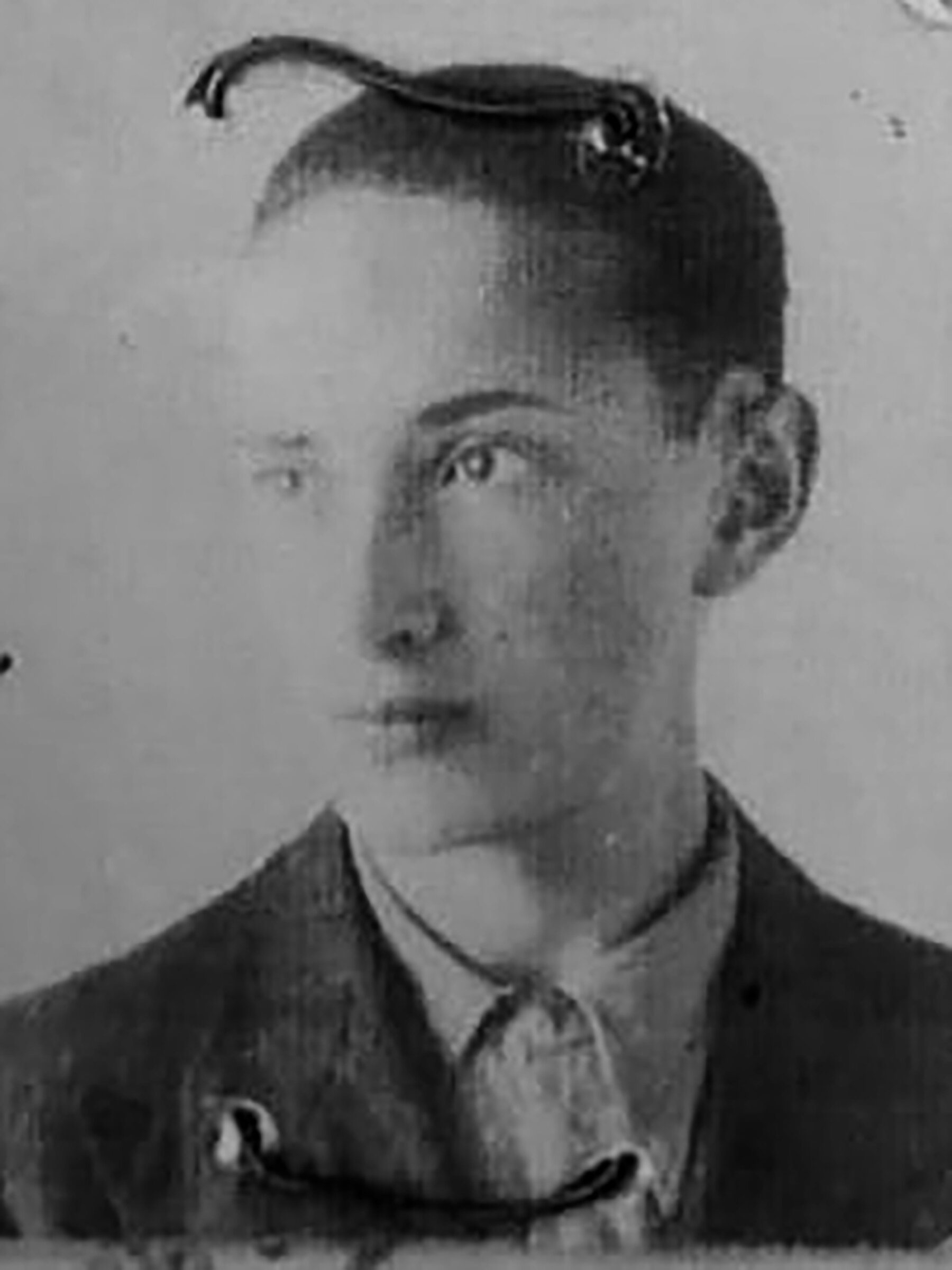
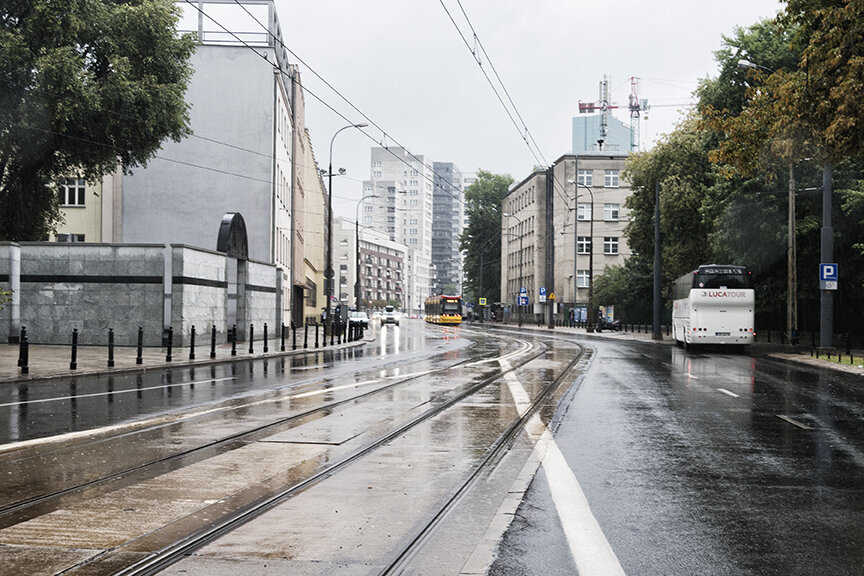
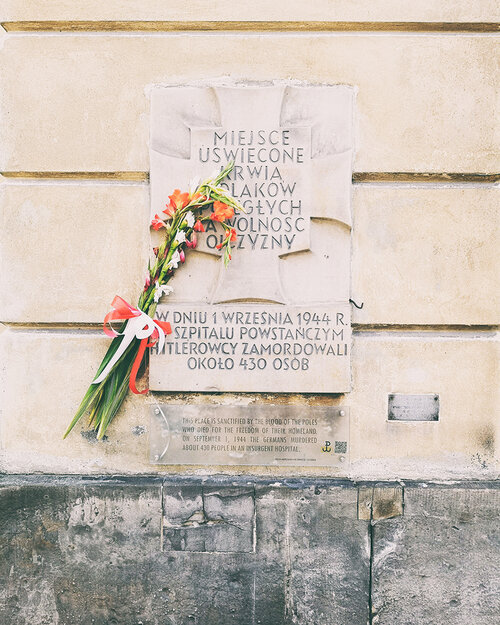
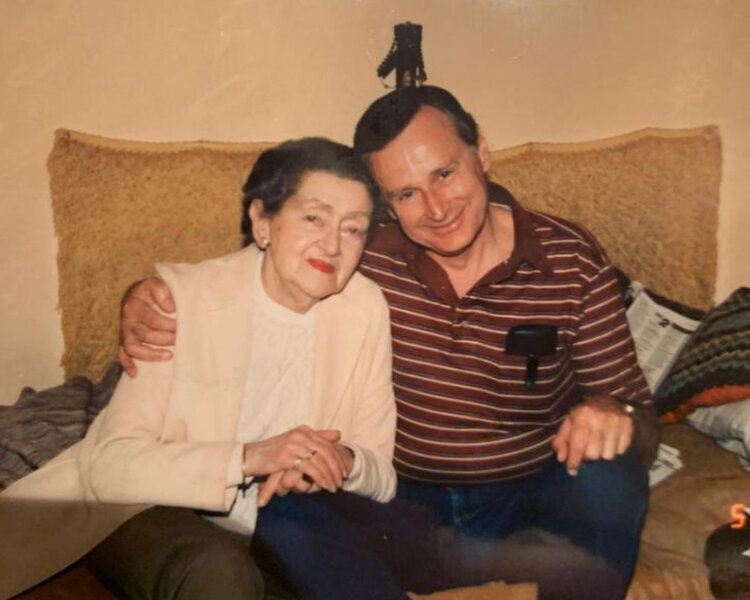

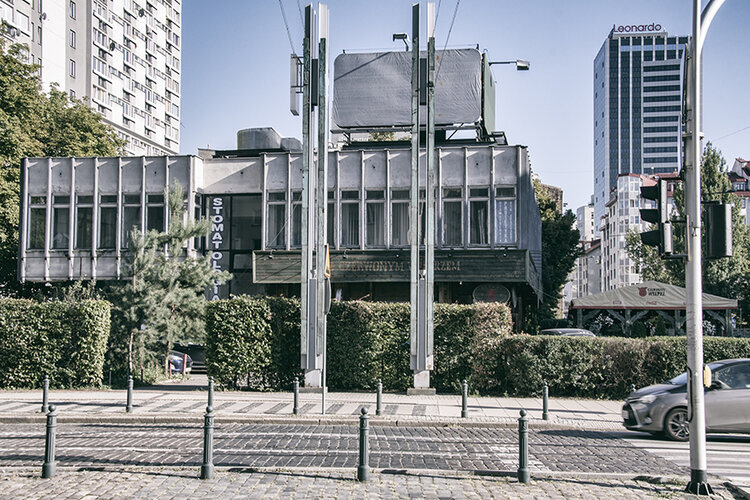
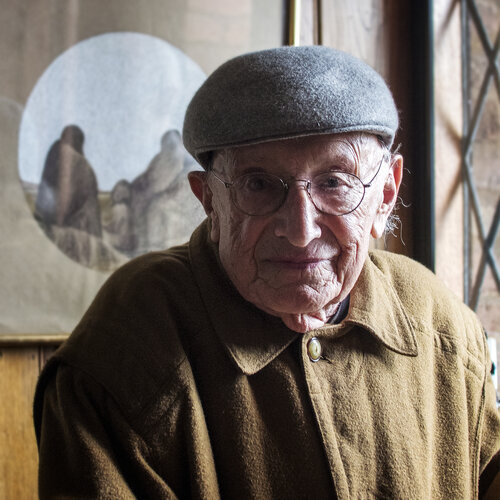


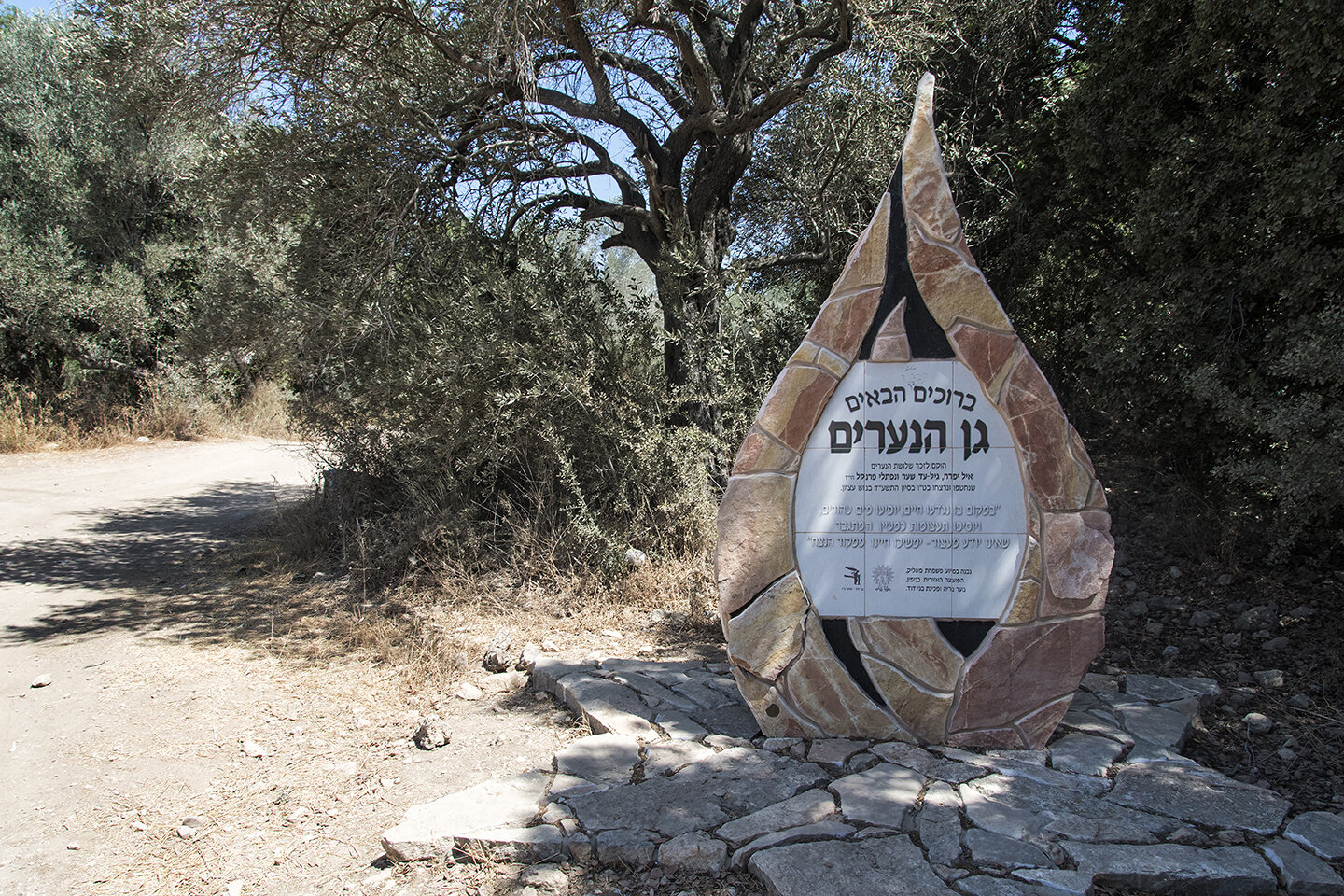

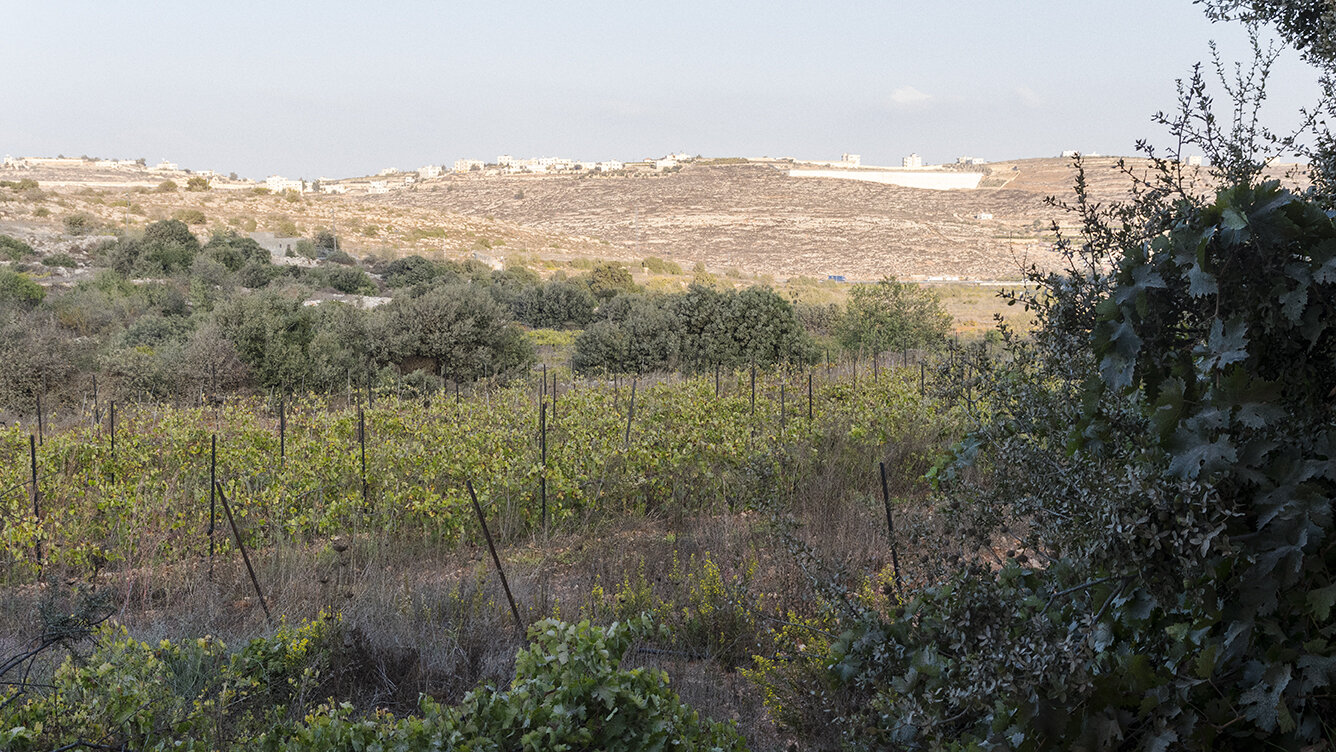

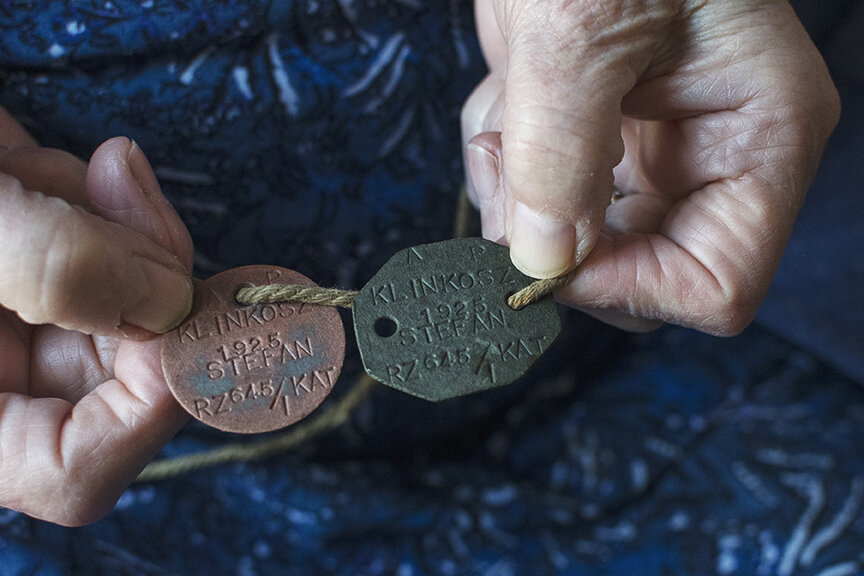
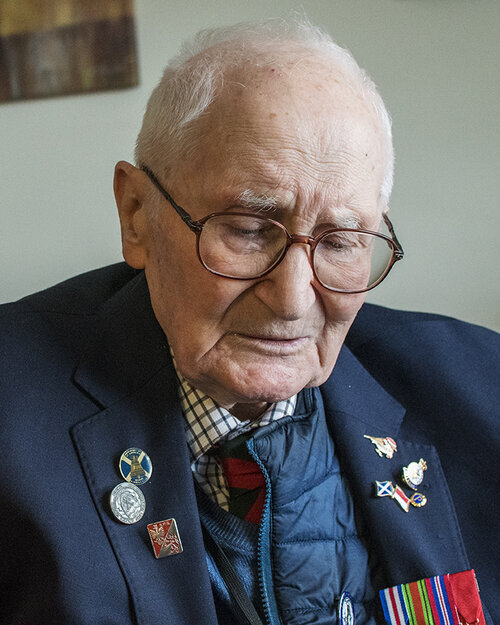
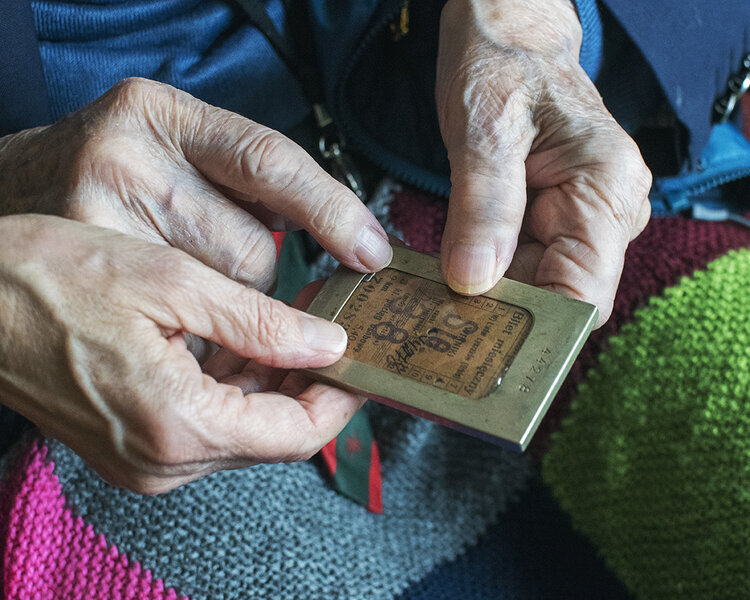

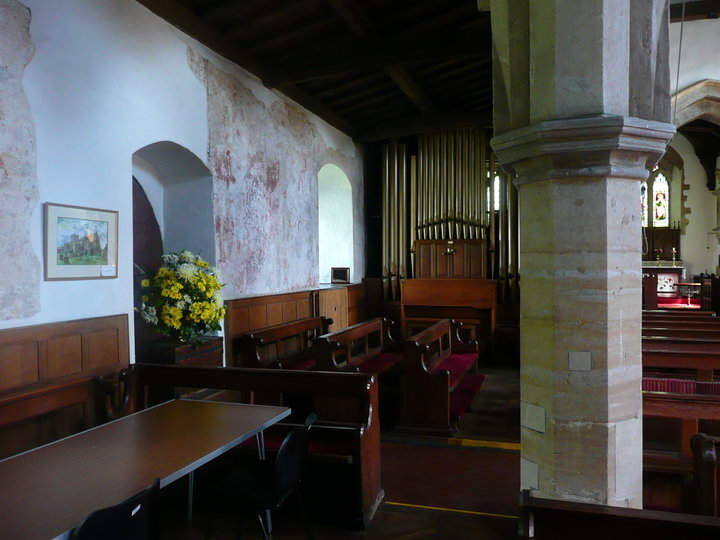
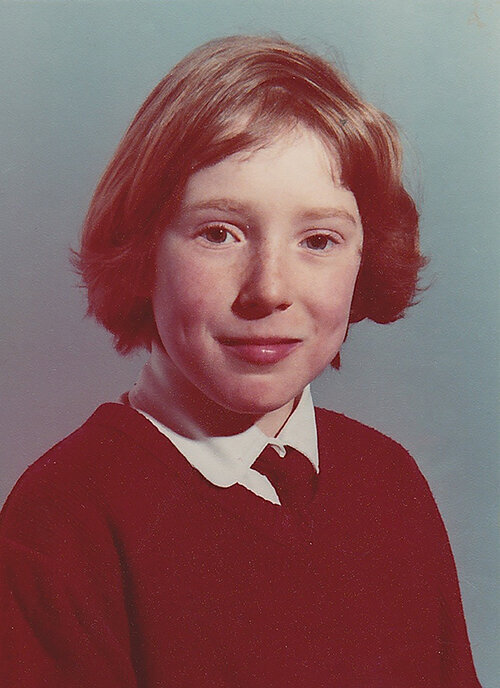

Lacrimae Rerum.

